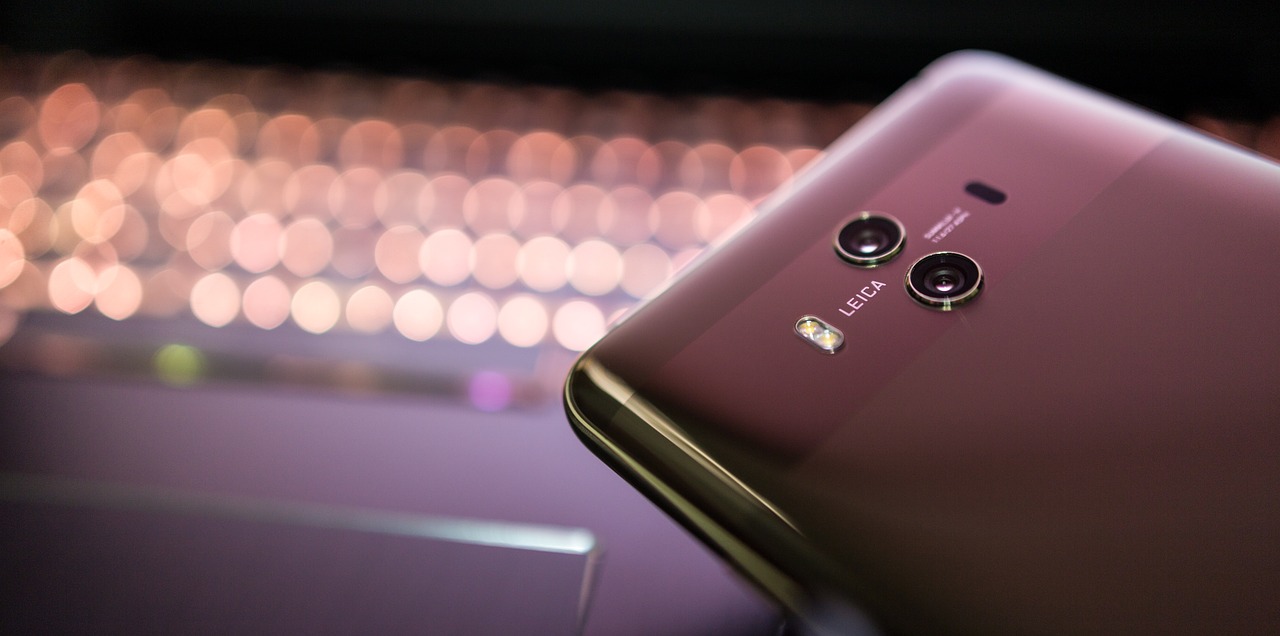
The US Department of Commerce has decided to extend again the temporary general license allowing American companies to sell to Huawei.
The existing temporary license was scheduled to expire on Monday and the extension benefits both Chinese tech company Huawei and US tech companies who rely on it as a key customer.
According to the Commerce Department, the extension is mainly aimed at helping rural US wireless service providers who use Huawei's inexpensive equipment in their networks. While the announcement is considered positive news for the Chinese company, it also represents the decision of the US government to continue to isolate Huawei.
In a statement released on Monday, Commerce Secretary Wilbur Ross said: "The Temporary General License extension will allow carriers to continue to service customers in some of the most remote areas of the United States who would otherwise be left in the dark."
"The Department will continue to rigorously monitor sensitive technology exports to ensure that our innovations are not harnessed by those who would threaten our national security," added Ross.
The US government has argued in many occasions that Huawei's networking equipment poses risks to national security since its telecommunications equipment could be used for spying by the Chinese government.
In September, Huawei was forced to launch its Mate 30 smartphone with no access to Google apps and services due to the restrictions.
Last month, the Federal Communications Commission (FCC) announced plans to prohibit companies receiving government funding from purchasing equipment or services from the Chinese tech firms Huawei and ZTE. The proposal will be put into vote this month.
Due to these restrictions in the US, Huawei is working to become less reliant on US components for its products. In August, it unveiled its own operating systems as a backup plan to Google's Android as well as developed its own smartphone chipsets.






